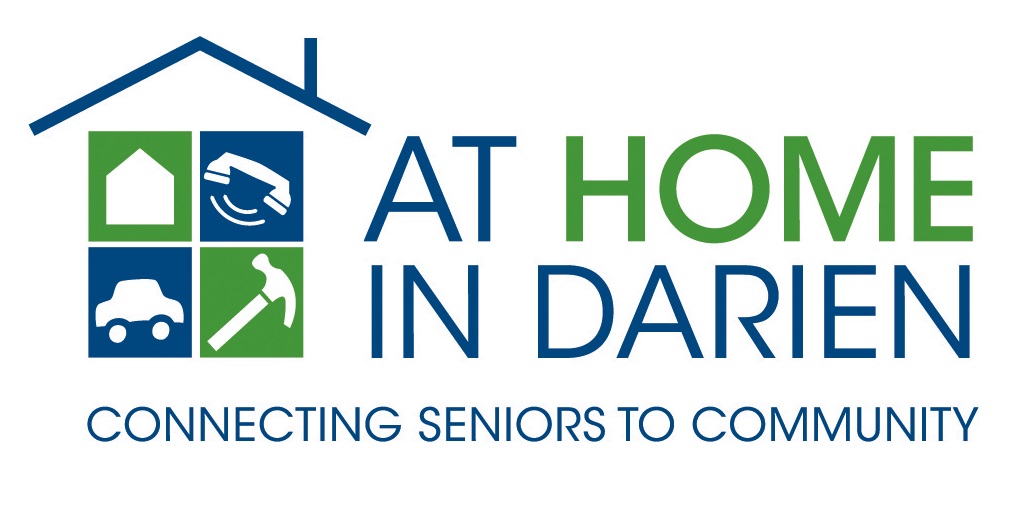As the Thanksgiving holiday approaches, it’s a good time to reflect on what is truly important in life. Gratitude helps us look on the bright side and reminds us of to be thankful.
Practicing gratitude provides physical, psychological and social benefits. Studies show that gratitude:
- Makes us happier
- Improves our health (stronger immune systems, fewer aches and pains, lower blood pressure, increased energy and desire to exercise)
- Strengthens relationships
- Increases productivity
- Decreases stress
- Cultivates resilience
- Improves sleep
Robert A. Emmons, a professor of psychology at UC Davis, is widely regarded as the world’s leading scientific expert in the study of gratitude. He recommends regular gratitude exercises. Give the following a try:
- Say “thank you” before you get out of bed. When you wake up each morning, take a few seconds in appreciation for another day. This will help you start the day on the right side of the bed!
- Focus on gratitude every day with a small exercise. It can be as simple as closing your eyes for five minutes and thinking about what (and who) you are grateful for. Or, it can be an act of kindness for someone you know (or even a complete stranger).
- Keep a gratitude journal. Write down something you are thankful for that day – whether it’s big or small.
- Look on the bright side of things. Although it may be difficult, try to find something to be grateful for even in the darker moments of your life. The more you do it, the easier it will be.
- Be complimentary. Say something kind and genuine to someone. Make it a goal to compliment one stranger a day.
By practicing these small things every day, your eyes will be opened to what is good around you and you will soon discover more and more to be grateful for.
Thank you!

It is interesting that the full definition of gratitude is to show appreciation for, and to return kindness. For it is in giving that we receive. Great thoughts to start our Thanksgiving holiday.